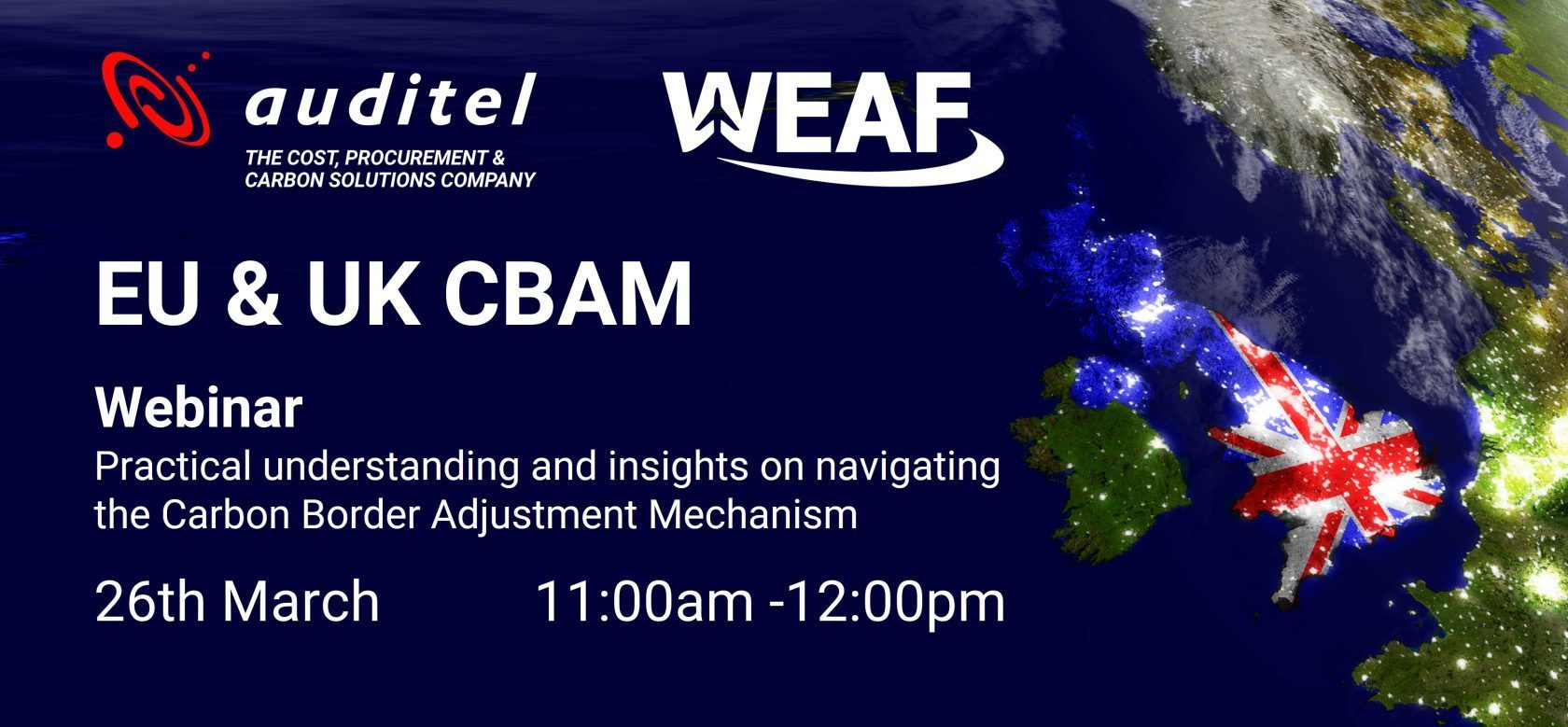Practical understanding and insights on navigating the Carbon Border Adjustment Mechanism
CBAM (Carbon Border Adjustment Mechanism) introduces a complex system of carbon tariffs on imports into the EU, covering sectors including iron, steel and aluminium (plus cement, fertilizer, hydrogen and electricity) — industries known for their high carbon intensity. The Transitional (or trial) Period which started in Oct 2023 has meant that companies inside the EU who import goods from outside the EU that fall within a defined list of import codes, must provide a quarterly CBAM return to declare specific embedded greenhouse gas emissions. From Jan 2026, the importer will be required to purchase corresponding CBAM certificates, reflecting the cost of carbon emissions priced within the EU Emissions Trading Scheme (ETS). Therefore, potentially making some imported goods more expensive than they are today. UK exporters are already seeing requests from their EU customers to provide embedded emissions declarations. How this information is calculated and provided not only affects compliance, but also the perceived cost of goods from Jan 2026.
UK CBAM is a similar scheme but will affect UK importers of iron, steel and aluminium. This starts from Jan 2027, there is no Transitional Period, and taxes will be applied on embedded carbon emissions of imports from day one.
Mark Miller and Paul Thomas of Auditel (UK) Limited, a Carbon Solutions company, will deliver this webinar to introduce and take questions about managing EU CBAM requirements today and preparing for UK CBAM.






